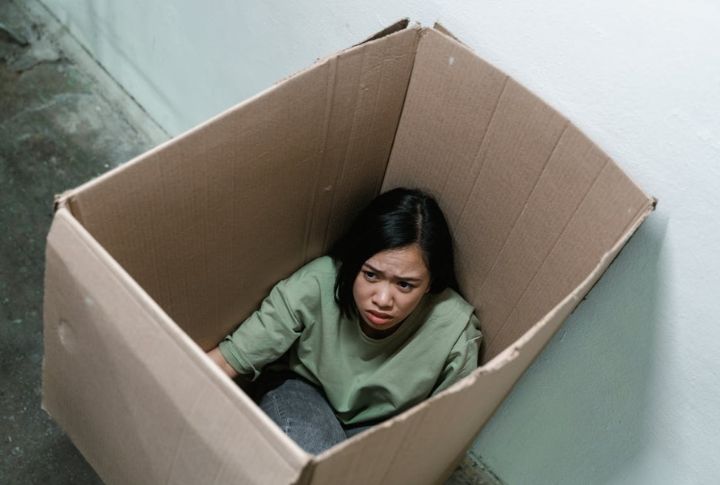
Ever find yourself overthinking a text or apologizing for needing anything at all? Turns out, a lot of therapy sessions start that way—especially for those raised by narcissistic parents. It’s not just childhood drama; it’s a lifelong echo. Here are ten things adult survivors bring up again and again.
Constant Need To Please

Many recall being valued more for their actions than for their inherent self. The risk of upsetting others made authentic self-expression feel precarious. Even minor acts of independence often generated tension. Saying “no” triggered guilt, eventually shifting their self-worth to be solely based on external reactions.
Lack Of Emotional Validation

Crying or articulating pain frequently resulted in being dismissed as overreacting. Survivors speak of being left to grapple with profound emotions, entirely without guidance. Lacking crucial reassurance, they developed a fundamental distrust of their feelings. This pervasive uncertainty subsequently molded their emotional existence throughout adulthood.
Low Self-Esteem Patterns

That critical inner voice frequently persists in survivors, reflecting the judgments they once endured. This voice solidifies over time, fundamentally altering their self-image. As a result, when praise comes their way, it feels alien or undeserved. They strive for perfection as a shield against judgment, yet the effort quietly drains them.
Guilt Around Independence

Trying to assert independence usually led to guilt. Therefore, some learned that choosing for themselves would be met with disapproval or emotional distance. To avoid conflict, they would downplay their success or keep decisions quiet. As adults, this pattern also left them struggling to feel confident in their autonomy.
Struggles With Self-Compassion

Children of narcissistic parents often grow up believing their needs don’t matter. By the time they reach therapy, offering themselves care feels unfamiliar, sometimes even wrong. Internalized criticism runs deep, making it hard to accept support. Healing begins when they learn to treat themselves with the same compassion they’ve always shown others.
Confusing Self-Identity

It was difficult to know where one’s own identity ended and another’s began. Self-image depended entirely on how others responded. Instead of developing a personal voice, many learned to blend in. Reconnecting to the authentic self now takes time, usually starting with unlearning previous expectations.
Fear Of Emotional Closeness

Due to unstable or manipulative caregiving, many survivors develop avoidant attachment patterns. In fact, emotional intimacy triggers anxiety or shutdowns. Therapy helps identify these patterns and teaches techniques to tolerate closeness, emphasizing safety, boundaries, and emotional regulation.
Unstable Role In Family Dynamics

Family dynamics were unpredictable and emotionally chaotic. Individuals didn’t have a clear or secure role; blame fell on one for things going wrong, and praise was only offered to serve another’s purpose. In the absence of steady emotional modeling, a consistent identity proved difficult to build.
Redefining Safety And Support

In therapy, many describe how “support” in their home meant compliance, not care. Help was transactional, often followed by guilt or control. As adults, they struggle to trust kindness. Therapy becomes the place where they begin learning: real safety feels calm, not conditional.
Difficulty Expressing Needs

During sessions, clients say they don’t even know what they need. That’s not surprising when needs were treated like burdens. Expressing anything risked conflict, so they stopped. Relearning to name a feeling—or ask for help—is slow, but life-changing.

